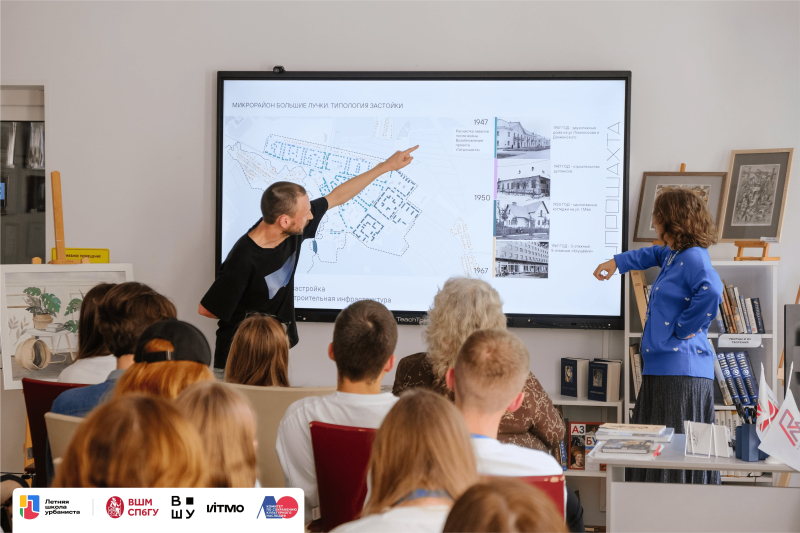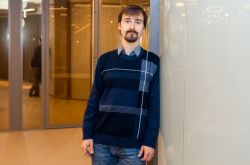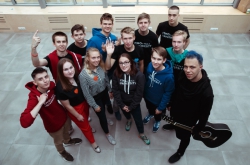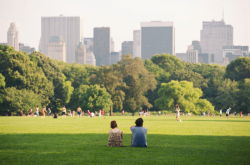Even though the trade of urban science is rather young, it has already become associated with a number of misconceptions. Often, people associate urban scientists with e-scooters, bike paths, and fancy coffee shops. The Summer School in Urban Studies, held by ITMO, St. Petersburg State University (SPbSU), and Higher School of Economics (HSE), is proof that such specialists actually aim to solve major problems faced by locals.
This year, research at the school was focused on the area of Bolshie Luchki in the town of Slantsy, Leningrad Oblast. It was designed as an example of a socialist dream city, featuring a beautiful central square, developed infrastructure, gardens, parks, and cozy low-rise buildings. However, in the post-Soviet era, active life in the area started to fade, and residents gradually started to leave. Participating teams were tasked with developing master plans for the development of Bolshie Luchki. In their work, students took three weeks to analyze the current state of the area, assess its potential and risks, and actively engage with the local population, representatives of the administration, and major employers.
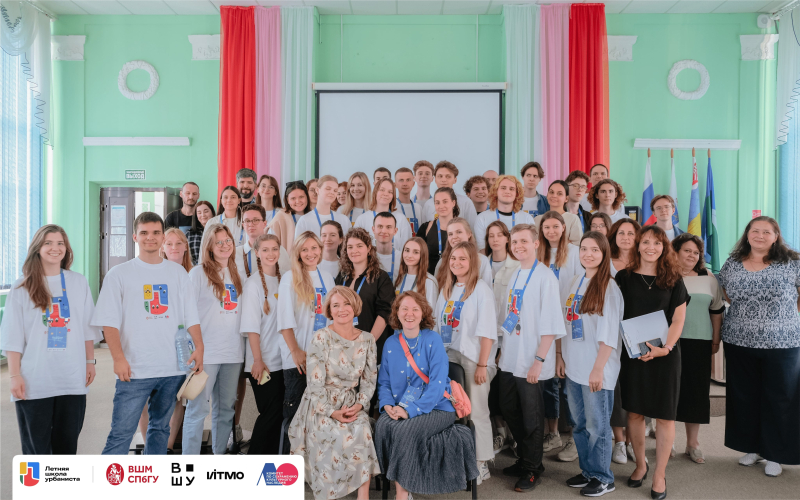
Summer School in Urban Studies. Photo courtesy of the organizers
The school’s participants were selected via a competition that involved students from 30 cities and 6 countries. According to Andrey Drozhzhin, the deputy head of ITMO’s Institute of Design and Urban Studies, this broader geographic reach is a distinctive feature of the school’s second season.
“The competition was open to students from Russia and neighboring countries. This expanded geography is connected to the fact that we included more competencies in the school’s program: we welcomed students of architecture, urban studies, economics, social studies, and other neighboring disciplines. This allowed us to reach the main goal of the school: the creation of a community united by common interests that includes specialists with various qualifications. The connections between our participants, tutors, organizers, and experts established during last year’s school have already made it possible to bring to life several projects and lay grounds for future ones,” says Andrey Drozhzhin.
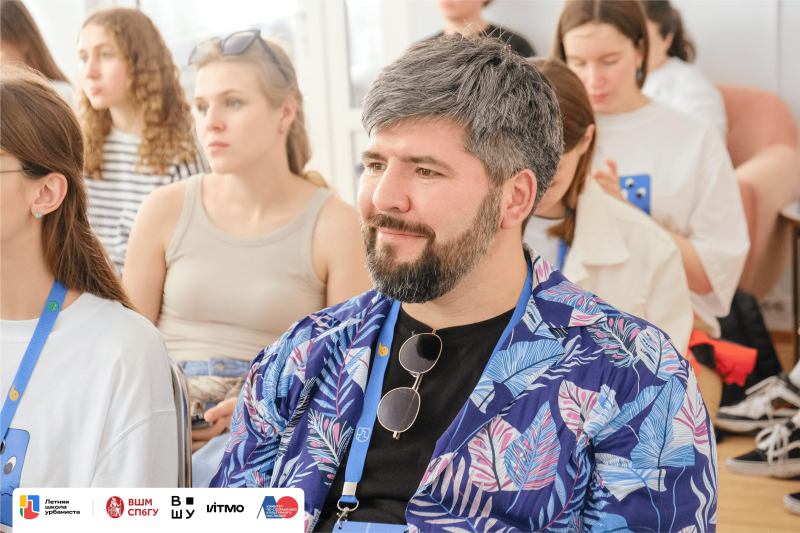
Andrey Drozhzhin. Photo courtesy of the organizers
Eight projects were presented at the end of the school. Urbaluchki, the winning project, paid special attention to the locals’ interests and the development of communities. The students discovered that among the locals’ main concerns are the following: “there isn’t much to do” and “the healthcare system could use some improvements.” That’s why the team’s master plan included a preventative clinic/retreat for employees of the area’s cement plant: this way, they solved both issues. One of the advantages of the winning project, according to the jury, was its focus on the working population – many of the other submissions were targeted toward pensioners or children. Apart from the construction of a preventative clinic, the team suggests creating public spaces where locals would be able to enjoy sports, plant greenery, and hold their own events.
“We came up with the idea for the clinic/retreat after talking to an employee of the cement plant. Apparently, even though it’s considered a dangerous production, employees are not provided with preventative treatment. This doesn’t stem from lack of funding, but from the lack of appropriate infrastructure nearby. Our project’s success can be explained by us simply (but not blindly) hitting the spot with our audience’s demands, as well as the fact that our vision coincided with that of the area’s administration, while the project was original and detailed. This was evident from our feedback – the jury noted our project’s uniqueness, while we received the most praise from a representative of the administration,” shares Nail Safin, a member of the winning team and a student at ITMO’s Faculty of Control Systems and Robotics.
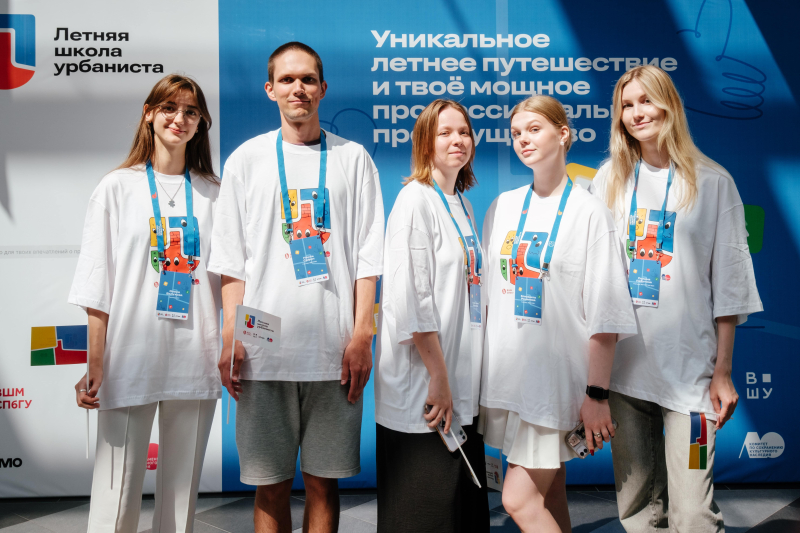
The Urbaluchki team. Photo courtesy of the organizers
The Summer School in Urban Studies is an annual program organized by Higher School of Management of SPbSU, ITMO’s Institute of Design and Urban Studies, and HSE’s Higher School of Urban Studies. At the school, participants work with real-life data and tasks of the region in question. In 2023, participating students had the task of developing projects for the towns of Vyborg, Shlisselburg, and Staraya Ladoga. The school is supported by the Leningrad Oblast’s Cultural Heritage Preservation Committee.
